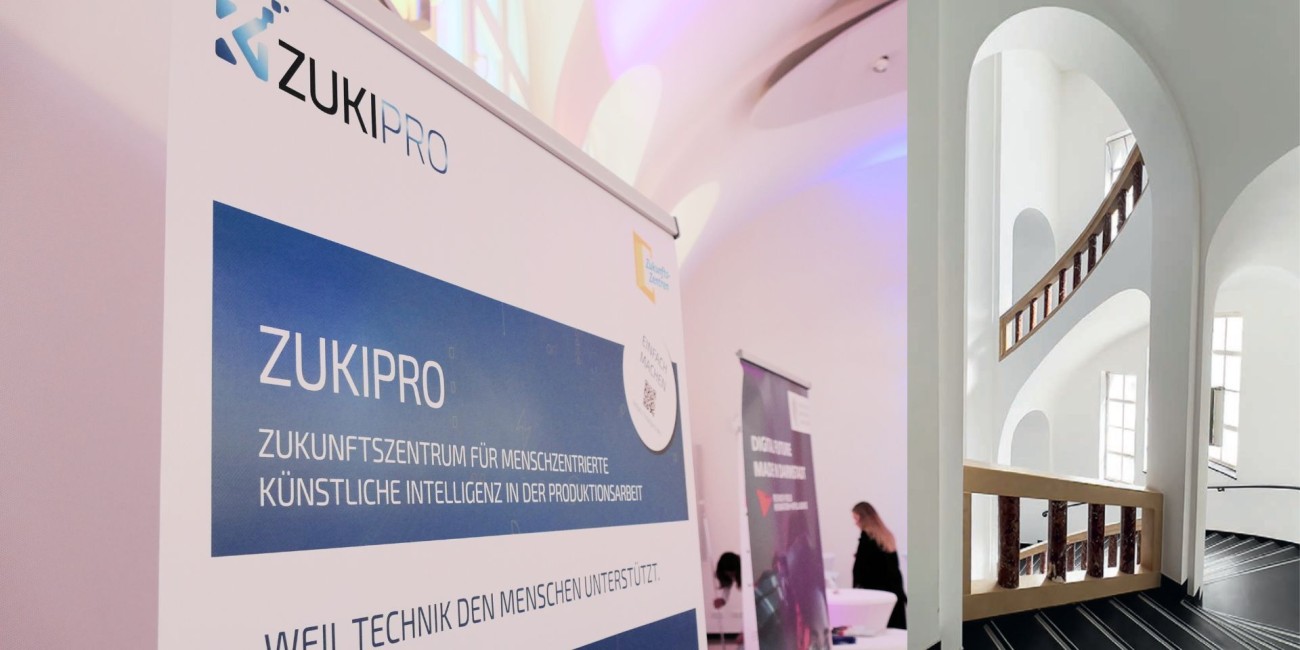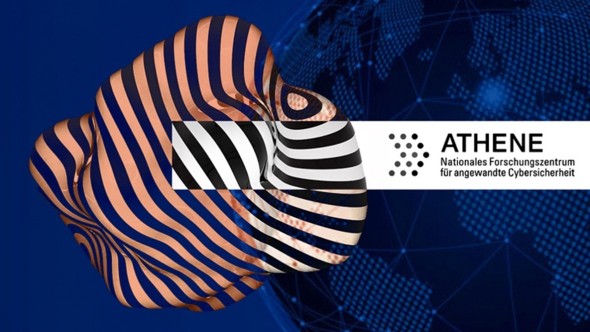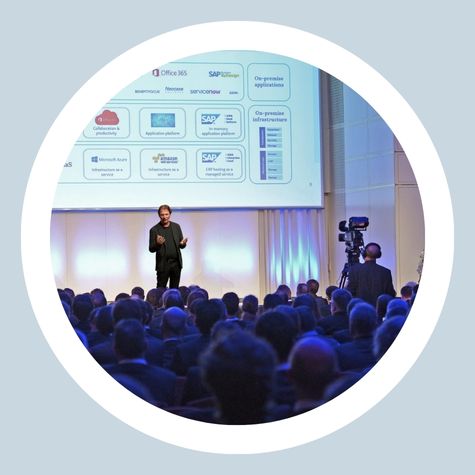Prof. Dr. Peter Buxmann

Research projects
Our national and international research projects address our three research areas of Management of Digital Transformation, Applications of Artificial Intelligence and Responsible Digitalization.

Research projects on topics such as cooperative AI, privacy enhancing technologies, and fair decision support systems are carried out both empirically and in the development of prototypical solutions.
ATHENE – Privacy Enhancing Technologies
The interdisciplinary national research centre ATHENE, funded by the Federal Ministry of Education and Resrach and Hessian Ministry of Higher Education, Research and the Arts, is a collaboration of TU Darmstadt, Fraunhofer SIT, Hochschule Darmstadt, and Fraunhofer IGD.
As part of the research area »User-centered Security and Privacy (USCP)«, we are engaged in a comprehensive analysis of the trade-off between the value of data and individuals privacy.
Project duration: 06/2019 to 12/2022
Campus FreeCity – Real lab of connected and autonomous vehicles
The Campus FreeCity (opens in new tab) research project, funded by the Bundesministerium für Digitales und Verkehr (BMVI, aims to set up and operate a »Real-Lab« of connected and autonomous vehicles at Deutsche Bank Park together with Eintracht Frankfurt in a consortium with various project partners from research and industry.
In this real-lab, solutions to the hitherto largely uncoordinated urban traffic will be investigated on a laboratory scale using »CityBot« vehicles. Several CityBot vehicles perform different tasks in changing configurations: E.g., as an arena control vehicle, for material or personnel transport, in collaborative use for watering plantings, etc.
Through these studies, novel autonomous mobility and logistics concepts will be developed to contribute to a successful transformation of urban transport.
In the long term, this project offers a holistic, sustainable approach to solving urban traffic problems and provides an opportunity to create awareness for new smart and connected mobility concepts.
Project duration: 12/2021 to 10/2024
The Price of the Free – Risks in Online Social Networks
In the long-term research project »The Price of Free« – in cooperation with hr-iNFO – the handling of personal data and privacy in online social networks by Internet users is examined.
The Price of the Free 3.0
hr-iNFO documentary on the Germans' relationship with their data (documentary in German)
Increasing digitization and the associated availability and use of Internet-based services and data are changing the economy, the daily lives of individuals and society as a whole. In addition to the benefits that are readily claimed, new risks are also emerging, leading to major concerns about IT security and privacy among many companies, organizations and users.
Our research project, initiated together with hr-INFO, investigates based on a longitudinal study design how the described risks are perceived and evaluated by Internet users.
GRK2050 – Privacy and Trust for Mobile Users
The Doctoral College “Privacy and Trust for Mobile Users” funded by the German National Science Foundation (DFG) is organized in a highly interdisciplinary structure: since October 2015, researchers from the fields of computer science, law and economics, sociology and usability research have been working together in a coordinated format on various privacy and trust topics.
The GRK2050 (opens in new tab) aims to increase transparency for internet users in order to enable a higher level of privacy protection.
The vision of the entire research group is to develop new types of mobile devices that will represent the user in the digital world in order to regulate privacy and trust assessment and to balance and mediate between users and service providers and their respective interests.
Project duration: 2015 to 2024
Contact: Patrick Hendriks, Dr. Anne Zöll
KompAKI: Work and AI
The Competence Center for Work and AI (KompAKI (opens in new tab)) is funded by the BMBF and aims to explore new potentials for human-centric AI application and corresponding business models.
In the KompAKI research project, new approaches to cooperative AI are being developed that enable users to utilize AI more transparently and with greater ease. In addition, new methods are being researched to evaluate work in AI-supported working environments.
Contact: Maren Mehler, Oliver Vetter
SPELL – AI in Operations and Situation Management
The goal of »SPELL« (opens in new tab) is to use AI in crises to initiate the measures to avert danger, the necessary emergency aid and a supply of the population according to the situation and faster.
In this highly topical project, we as TU Darmstadt are developing innovative, AI-based value-added services and the conception of an efficient and holistic business model for the platform and its services.
To accomplish this, we have established three primary goals:
Objective 1: Identify a business model for the SPELL platform and the value-added services offered.
Objective 2: Develop OR (Operations Research)- and ML (Machine Learning)-based value-added services to support emergency services for integration into the SPELL platform.
Objective 3: Further development of an open-source app for first responder emergency services.
To this end, TU Darmstadt contributes its methodological expertise in operations research and machine learning, as well as its technical expertise in emergency services and crisis management.
We develop OR- and ML-based value-added services integrated into the SPELL platform to support emergency services. These can, for example, predict future emergency volumes or plan the transport of many patients in case of a MANV.
Here, our innovative approach lies primarily in determining or developing relevant methods for the context of a large-scale emergency, introducing them as prototypes within the SPELL platform, and thus making them usable for practical use.
Project duration: 06/2021 to 09/2024
ZUKIPRO – For Human-Centered AI in Production Environments
The »ZUKIPRO« (opens in new tab) project is funded by the German Federal Ministry of Labor and Social Affairs (BMAS) and the European Union through the European Social Fund Plus (ESF Plus) as part of the »Future Centers« program and offers target group-specific services for managing the digital transformation for SMEs in the state of Hessen – from an ecological, economic and social perspective.
ZUKIPRO – for human-centered AI in production environments – empowers in three pillars of informing, advising & implementing, and qualifying, serving 6 key action areas; including digital technologies, sustainability, organizational development, and demographics. A team of more than 25 heterogeneous scientists, technicians and trainers enables the targeted support of employees and executives with regard to further education, sensitization and (technical) development.
The Future Center is thus in a position to combine the fields of industrial engineering and technology and to help Hessian small and medium-sized enterprises to become internationally competitive.
Contact: Philippe Hervé Jacquemin, Helena Müller, Cleopatra Schuhmacher





